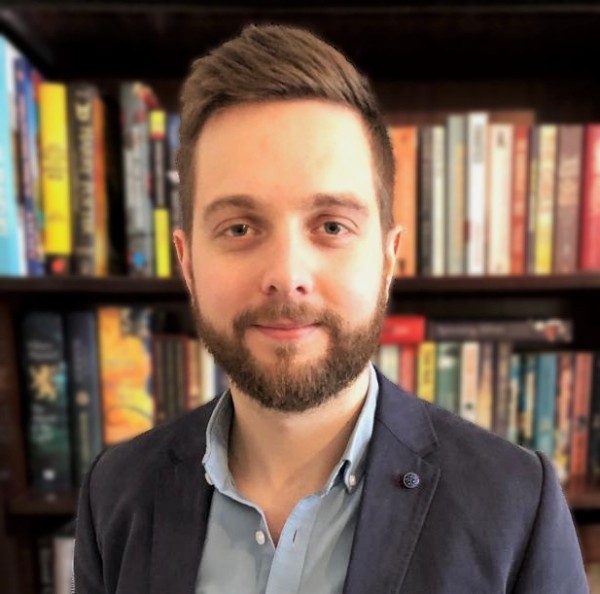20 November 2024
What is your role?
I'm a Wellcome Doctoral Clinical Research Fellow. In less arcane terms, I am a (neuro)psychiatrist who is taking some time out of the latter stages of clinical training to pursue a PhD.
The main bulk of my work is a clinical study looking at responses to the psychedelic psilocybin in a condition called functional neurological disorder (FND). People with FND can be left with debilitating symptoms and current treatments are not always effective.
You can read more about my study, if you are interested, at psifund.co.uk.
What do you enjoy most about your role?
My main attraction to clinical academia is the freedom it offers me to follow my own whims, make my own mistakes, learn from my own errors. On my academic path I have been gifted opportunities to work on some fantastic clinical trials; this is not something that someone in my stage of training would normally get the chance to do. I am also fortunate (perhaps my future patients are the lucky ones...) that I get to keep up my clinical skills by working as a liaison psychiatrist in St Christopher's Hospice one day a week.
What inspired you to get into this work?
How long have you got? Perhaps a question best answered over a cup of tea or a beer. To be among brilliant and intelligent people who are as fascinated and baffled by the human experience as I am is a privilege. I've trusted my own instincts to follow what interests me (a good prophylactic for burnout) but, perhaps more importantly, I have trusted in the good people around me to shape my career in a way that only they know how.
What are the benefits of working in partnership?
I like to straddle. Neuropsychiatrists are obsessed with cramming the brain, mind, and body into a single unit of study; my PhD spans multiple departments; I work across all three of the Maudsley Hospital, King's College Hospital, and King's College London. Humans contain multitudes; it is only through taking multiple perspectives at once that we are to have any chance of understanding how we work, and, perhaps more pertinently, how we may go awry.
What would be your one career top tip?
Academia is full of contingencies, disappointments, and the occasional piece of good fortune. I think there are some lessons about this from an unlikely source: football (the one topic I am more obsessed with than my work).
Within the football lexicon, there is a pundits' cliche that strikers 'make their own luck'. An absurd maxim on the face of it, but I think it has legs. The best goalscorers are those that get themselves in the right positions in front of goal, waiting patiently to put whatever ball arrives into the back of the net.
Most of the time, the cross isn't good enough, the defenders are too strong, or their header glances wide. But, once every other match (for the best amongst them), a perfectly weighted cross comes in, they thrust themselves towards it, the ball glances off their shin and trickles past the 'keeper.
A journey in academia (as in football, as in life) is largely conditional on such fortuitous and often unforeseeable moments. But if you jostle your way into a hardworking team, and always be ready in the right position to meet that sweetly-struck cross, then a goal will eventually follow.
Read more about the work of KHP Neurosciences.





